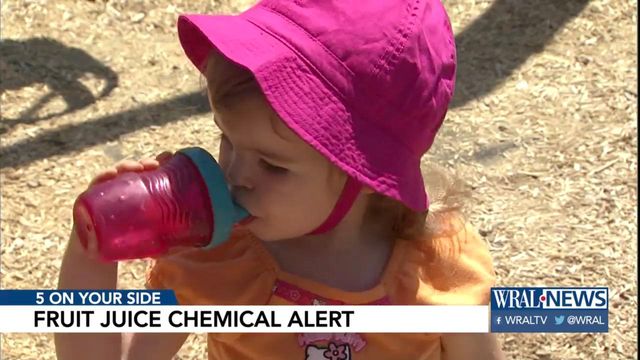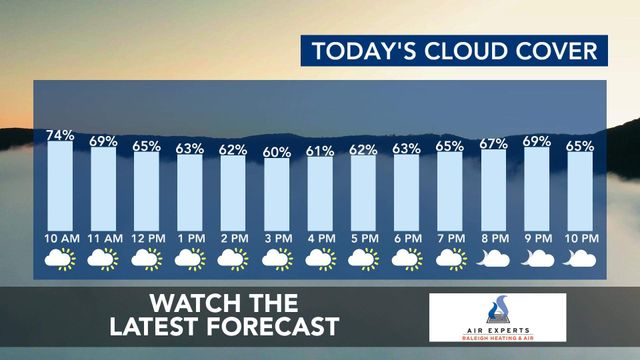Consumer Reports finds concerning levels of arsenic, lead in popular fruit juices
A Consumer Reports study published on Wednesday is raising new questions about levels of heavy metals in popular fruit juices.
The study, which tested 45 juices, including apple, grape, pear and juice blends, found elevated levels of arsenic, cadmium and lead in about half of the beverages.
Many of the juices are marketed to children, Consumer Reports found.
In fact, "more than 80 percent of parents of children age 3 and younger give their kids fruit juice at least sometimes," the study determined. In 74 percent of those cases, kids drink juice once a day or more.
“In some cases, drinking just 4 ounces a day – or half a cup – is enough to raise concern,” says James Dickerson, Ph.D., Consumer Report's chief scientific officer.
Consumer Reports chose to test the juices for four metals – cadmium, lead, mercury, and inorganic arsenic – because they are some of the most harmful elements commonly found food and drink.
The heavy metals could cause harm to adults, too.
“Five of the juices we tested pose a risk to adults at 4 or more ounces per day, and five others pose a risk at 8 or more ounces,” Dickerson said.
Among the best options are juices like Mott's 100 percent original apple juice, Mott's for Tots apple, Ocean Spray Cran-Apple and Cran-Grape blends and Capri Sun.
Juices that cause a potential risk if consumed at above 8 oz. a day include Trader Joe's organic percent apple juice, Great Value (Walmart) 100 percent apple juice, Gerber white grape juice, Juicy Juice 100 percent white grape juice, 365 Everyday Value (Whole Foods) Organic 100 percent cranberry grape juice and Great Value (Walmart) 100 percent cranberry grape juice.
Other juices scored higher on the heavy metals scale, providing a potential risk if more than 4 oz. are consumed a day. Among those are Welch's 100 percent concord grape juice and Trader Joe's fresh pressed apple juice.
Since different types and formulas of fruit juice contain different levels of heavy metals, brands can't be singled out as "best" or "worse." The full results of the Consumer Reports' study and the methodology is available online.
The American Academy of Pediatrics, or AAP, recommends that parents avoid giving children under 1 juice of any kind. Older babies, toddlers and children should not consume more juice daily than:
- 4 oz. for ages 1-3
- 6 oz. for ages 4-6
- 8 oz. for ages 7 and older












